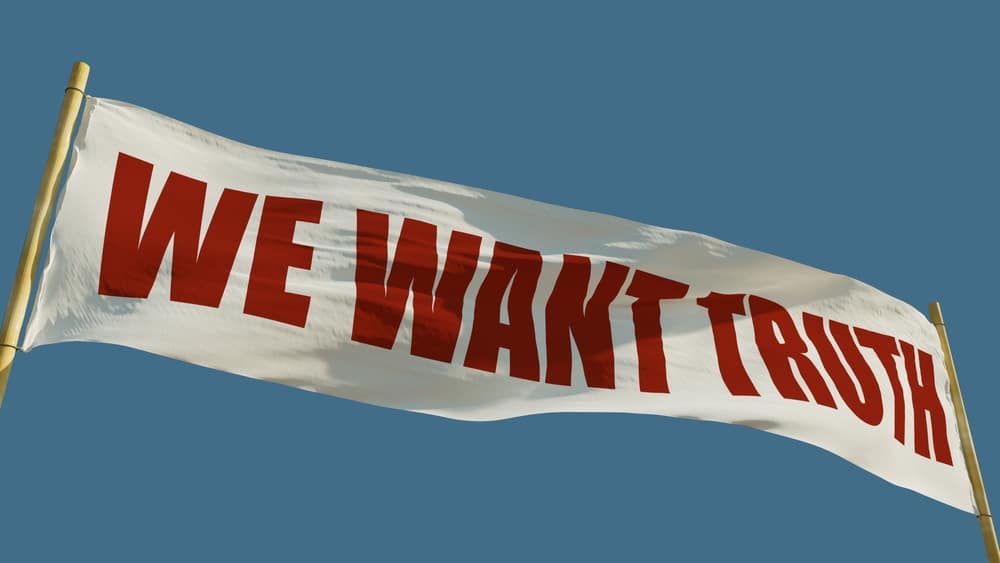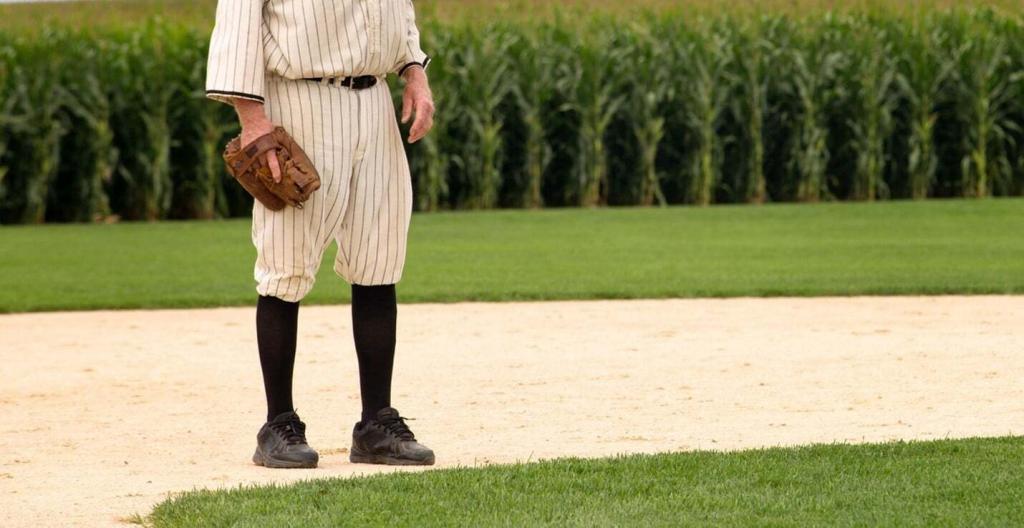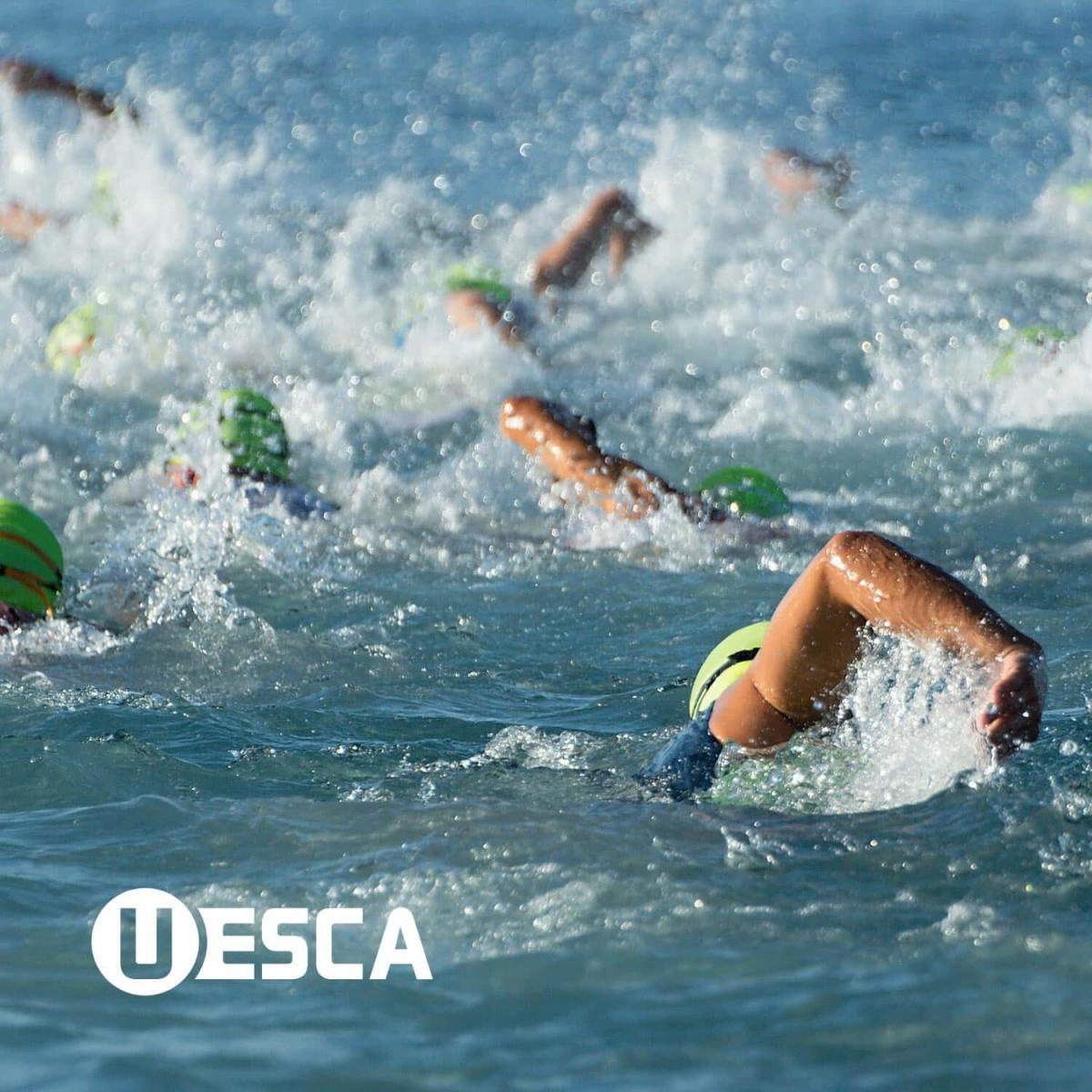Patience and persistence, often through failures and slow progress, are critical factors for success in your coaching business.

Ah yes, the first week of January – otherwise known as New Year Resolution time. As a former fitness professional, this was one of the most dreaded times of the year. While I appreciated the increased revenue from new personal training clients, I always knew in the back of my mind that the overcrowded gym and the increase in clients that came from it would soon wane.
Like most other things in life, seeing gains in fitness, athletic results and business take time, and more to the point, it takes patience. Patience that most people do not have.
Everything is About Speed (and Shortcuts)
‘Fast’ is the marketing angle most often used to entice potential customers. Get six-pack abs quickly, run an ultramarathon without putting in a lot of miles, and make 10K per month using a simple funnel. The list goes on…
The Truth Is Typically Not Discussed

The reality is that two common quotes, ‘Patience is a virtue’ and ‘Good things take time’ are very much true. Maybe it’s that in the age of Instagram and Facebook, people only put their best selves out there for others to see. I get it, I show pictures of my kid happy and smiling, not crying and hurling his yogurt across the kitchen. But the reality is that behind every athlete smiling crossing the finish line, or a business owner posting a big revenue milestone, there is a TON of work that went in behind the scenes.
In fact, the truth is that the far majority of sport training and business is grunt work… for lack of a better word. In order to be successful, you have to put in the grunt work and persist. And this persistence takes patience and a focus on the desired result. And you know what? Even after you achieve success, there is more grunt work to keep that level of success and to achieve more!
When I started UESCA, I got NO sales for the first three months… zero, zilch! And then one sale (my first sale) in the fourth month. To say that it was slow-going is the understatement of the year! However, I appreciated that in order to build a business… a real business with a positive reputation, it takes time. Same goes for my athletic background. As a cyclist, I got dropped in most of my first races. However, I really liked the sport and kept at it, and while I never won the Tour De France, I had some decent results that would have never occurred if I had stopped after getting my a** handed to me that first year of racing.
Focus and Trust the Process
So how do you, or your athletes stay focused when progress is slow going or stalled? You must trust the process and stay focused on the work at hand. Specifically, when coaching new athletes, it’s important to remind them that in order to build fitness and see results, you have to play the long game. While seasoned athletes typically understand this more, it doesn’t mean that they won’t get impatient and want to see faster results.
Don’t Get Distracted by Shiny Objects

Whether it be a new training wearable, carbon running shoes, or a new sports supplement… it’s really easy to get distracted from the job at hand and look for ways to speed up the process. This is not to say that some or all of these things might not be helpful, but they should not be viewed as some sort of panacea that would reduce the amount of work required.
In my world, I’m bombarded with endless daily emails from consultants that promise me ‘X’ number of new customers per month and advertisements for technology that will automate my entire business processes. I won’t lie, on some days when it feels like I’m the bug on the windshield, I’m half tempted to reply to these emails. But I have to remind myself that I have a specific process that I’m following to stay on track with my goals for UESCA and to stick to that.
Sh*t Will Happen
Whether in business, as a coach or as an athlete, you’ll get you’re a** kicked, often on a daily basis. All too often, having ‘bad’ things happen is viewed as… well, bad. However, if you take a different approach, these ‘bad’ things can be extremely beneficial. Both in sports and business, I have learned the most from unfortunate situations and have tried to learn from them so that I don’t repeat them.
A lot of new athletes don’t expect ‘bad’ things to happen. Odd I know, but it’s the truth. Whether it be a bad workout, a bad race, or an injury – often new athletes will go into full-on crisis mode and lose their mind. It’s up to you to remind them that while unfortunate, it’s part of the process of developing as an athlete.
Clients Will Come

One of the things that we hear the most at UESCA from new coaches is that they started their coaching business and they don’t have any paying clients yet. Quite a few coaches put up a website and go off the ‘if you build it, they will come’ marketing approach. Guess what? You’re not Kevin Costner, and your business isn’t the Field of Dreams.
It’s always a bit interesting to me because these coaches that put up a website and expect a bunch of athletes to start emailing them would never expect that if they wrote out a training program for a marathon, but never followed it or did any training that they would magically be ready for their race. But this oddly is how many new coaches expect the process by which to acquire athletes to go.
In these cases, when a new coach reaches out to us to ask why they don’t have any clients, I ask them what they’ve done to get clients. More often than not, they are not doing the things that they need to do, and if they are, they are not doing them consistently. ‘One-and-done’ is not an effective strategy for growing a business. For example, a coach might say that they spoke to a group of runners at a local running store but didn’t get any sign-ups. Therefore, they deduce that this method doesn’t work and that they aren’t going to do it again.
In this scenario, I relate it to their sport. For example, I’d ask them if the first time they did intervals if they immediately got faster. Likely not. In fact, likely all they got was exhausted and a bad case of DOMS the next day! But did they associate this with interval training not working? No. They kept doing them because they believed that if they kept at it, they would see results down the road.
Summary
Whether you needed to hear this, or you coach athletes that need to hear this – patience and persistence, often through failures and slow progress, are critical factors of success. Especially in the new year when people are chomping at the bit to see results, it’s important to keep things in perspective and realize that good things take time.








